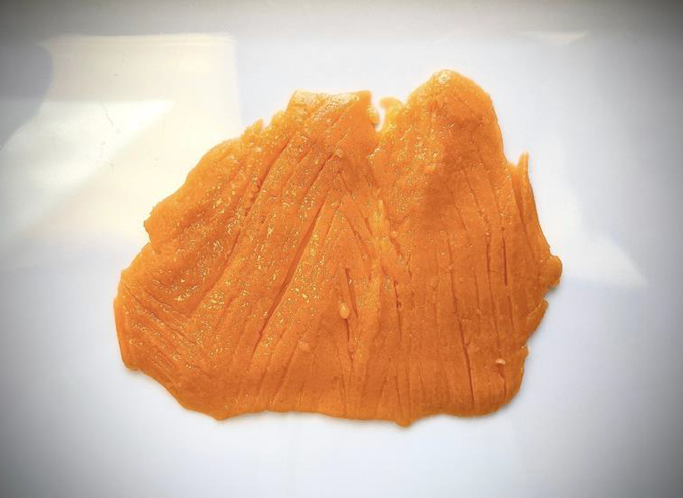
The Seafood Algternative project, backed by the European Maritime and Fisheries Fund, is creating microalgae-based fish substitutes to meet the increasing demand for sustainable food products and contribute to better health and oceans. Since 2021, a team of 10 has been working on algae's transformation into alternatives for seafood, with a focus on smoked salmon, canned tuna, caviar and tarama. Their success lies in integrating microalgae into these products while ensuring the organoleptic quality of the end product is perfectly optimised.
Algama SAS (French SME founded in 2013) leads the project, capitalizing on their previous success in vegan mayonnaise. The project team works with a selected range of algae, sustainably cultivated, with the objective to make plant-based seafood accessible to all consumers while ensuring a good taste, texture and nutritional profile, and to scale-up operations on the market. Their work focusses on their four strategic products for which they want to develop intermediary ingredients and formulations to optimise them and also test their industrial scalability.
The Seafood Algternative project contributes to the European Green Deal and targets a reduction of 50% of seafood carbon footprint with plant-based Algama alternatives vs animal-based carbon footprint. Algae, as photosynthetic organisms, like terrestrial plants, fix CO2. Moreover, a tiny sample of algae taken from the sea can be multiplied in the laboratory, hatchery and nursery thus setting to zero the risk of unbalancing the ocean biodiversity.
With their range of vegan mayonnaise made from microalgae, The Good Spoon, Algama already built a solid network of major food retailers of their products in France and in the USA. They reached 300 points of sales in France and 150 points of sales in the USA, that they will use to launch their plant-based seafood products. The SME also created an important network of contacts in retails and foodservices, that they are activating to address European countries targeted with their seafood products.
To know more about the project and its contribution to the seaweed revolution follow them on social media through the links available at the bottom of their webpage.
- Reference
- EMFF-BEW-2020-101038453
- Project duration
- 1 Aug 2021 - 31 Jul 2023
- Project locations
- France
- Overall budget
- €2 837 219
- EU contribution
- €1 986 05370% of the overall budget
- Project website
- Project website
Stakeholders
Coordinators
Engineering sustainable food solutions for all (ALGAMA)
- Address
- France
- Website
- https://www.algamafoods.com/
